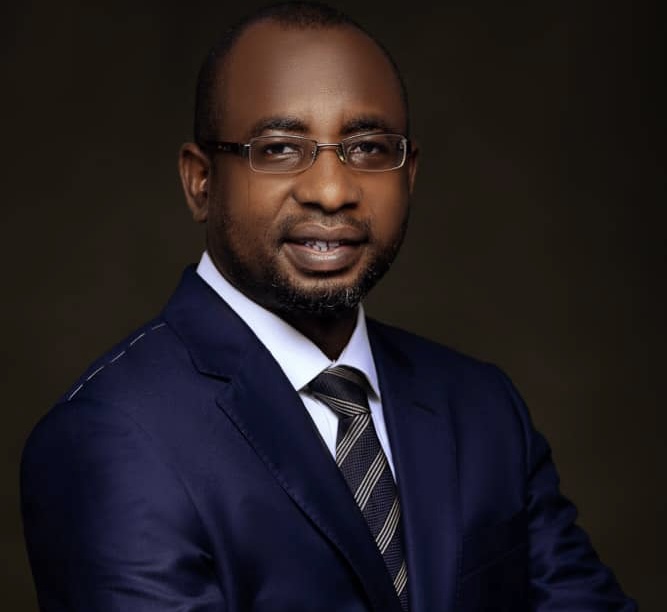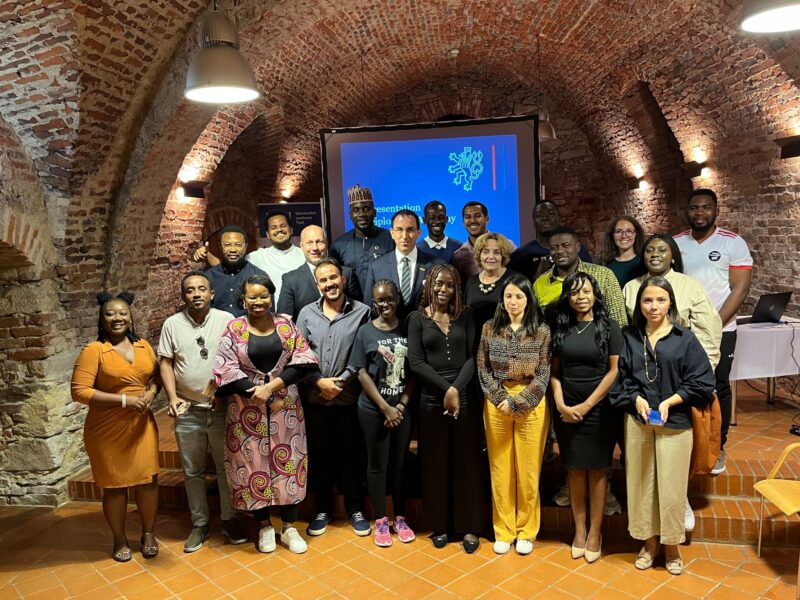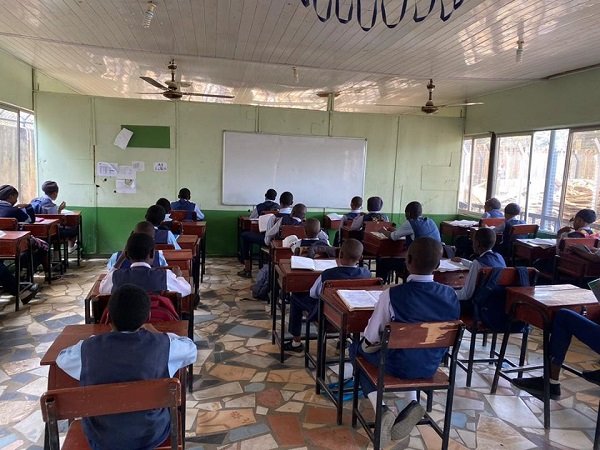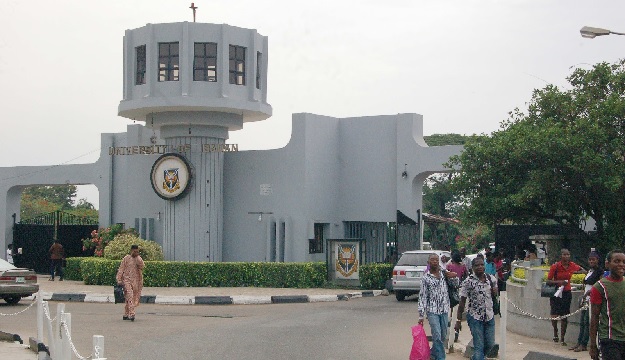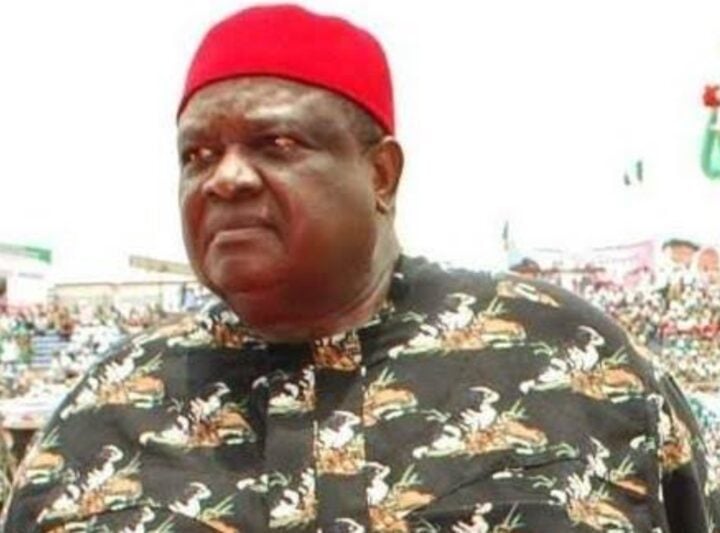BY BASHIR IBRAHIM HASSAN
There’s virtual panic in the sphere of human resource management about the spectre of artificial intelligence (AI) driving millions of people out of jobs. Indeed, given the almost limitless potential of AI to take on human functions – and deliver on them with predictable degrees of effectiveness and efficiency, the scenario is so bleak, you wonder whose job is not threatened.
But one man who harbours no such morbid fear of AI is Kashifu Inuwa Abdullahi, the Director General of the National Information Technology Development Agency (NITDA). He is an expert with key competencies across policy formulation, administration, growth management, talent development, solutions architecture, resource mobilization and strategy implementation.
Inuwa graduated with a Bachelor’s degree in Computer Science from Abubakar Tafawa Balewa University, Bauchi in 2003. His first job was with the government-owned Galaxy Backbone Limited, a nationwide IT-based network service provider where he started as a Network Engineer in 2004. Galaxy Backbone was a good training ground for Inuwa. The highly dedicated and passionate Inuwa worked diligently and was subsequently promoted to the position of Senior Network Engineer and Lead Solution Architect, in 2009, with the responsibility of designing suitable internet backend solutions for clients. He then proceeded to work at the Central Bank of Nigeria where he rose to the challenge and created the apex bank’s Technology Architecture Repository that gave a 360-degree view of the CBN’s IT infrastructure in real-time allowing for easier decision-making on IT infrastructure and asset investment. After demonstrating optimal technical ability, He proceeded to work as the Technical Assistant to the Director General and was actively engaged in the design, planning, coordination and execution of NITDA’s strategic goals across various thematic areas. Having exhibited elite technical and administrative capacity, was subsequently appointed to serve as the Director General of NITDA in 2019.
Inuwa’s confidence is strengthened by his ability to steer the affairs of the Agency since his appointment to the position in 2019. Barely six months after his appointment, the world was hit by the Covid-19 pandemic. In February of 2020, Nigeria recorded its first case and by March, Nigeria’s Federal Government ordered a country-wide lockdown. The Ministry of Communications and Digital Economy and NITDA rose to the challenge and came up with the Tech4Covid committee that initiated strategies to curb the devastating effects of the pandemic which include the deployment of digital technologies to ensure that government and key social services continue to function, Tech4Covid Innovation Challenge and the setting up of NITDA Virtual Academy.
Advertisement
Under him, NITDA has trained close to a million Nigerians of various cadres in digital skills and awarded scholarships for Masters and PhDs to 49 Nigerians. Just recently, Inuwa embarked on a talent development programme to train 1 million software developers in 18 months. Furthermore, the second cycle of the Strategic Roadmap and Action Plan, SRAP 2021 -2024 of the Agency, is currently being commendably implemented, which is hinged on seven pillars of transforming Nigeria into a sustainable digital economy.
Due in part to NITDA and Inuwa’s relentless drive for innovation and growth, the contribution of ICT/digital economy sector to the country’s Gross Domestic Product (GDP) rose from 12 percent in 2019 to 14 percent in 2020, and recently 18.4 percent in the third quarter of 2022, as reported by the National Bureau of Statistics (NBS).
Another opportunity has presented NITDA to respond to a dire national challenge. President Bola Tinubu, during his inaugural address, promised that his government will create one million jobs in the digital space.
Advertisement
According to Inuwa, a report by PwC titled “Brain Exports: The Optimal Path to Growing the Nigerian Economy” validated what we started on 1 million developers. It says Nigeria’s best resources are not mineral resources. We have seen the proof for instance in sports. Similarly, Nigerians are doing well in music and art. In the same vein, the Agency want to position Nigeria to be a global talent factory. According to the report, there is a vacancy for over 4 million developers globally. Nigeria can benefit from this deficit by training and connecting its youths to the global value chain. Hence, we have been providing training and capacity building programmes to equip the Nigerian youths with the requisite skills to compete at international level. For instance, we recently launched the NITDA Coursera scholarship cohort two to train about 8000 Nigerians on high end skills demand. Additionally, the Agency is developing a talent strategy which seeks to address the demand and supply side of talent.
Furthermore, Inuwa mentioned that the Agency intends to build technology development and innovation clusters around the 36 states of the federation in furtherance to the implementation of the Nigeria Startup Act. The Agency has successfully implemented a pilot in Abuja where it trained and mentored about 219 start-ups from 2020 to date; and they are creating more jobs for Nigerians. The Agency would also provide funding to startups in accordance with the provisions of the startup Act which established a startup investment seed fund to support startups financially. These initiatives will promote and accelerate the creation of more jobs for Nigerians in alignment with the Manifesto of the current administration to create 1 million jobs in the digital economy.
In addition, Inuwa stated that the Agency has some tangible reforms going on to further create more job opportunities for Nigerians. One of them is the Nigerian Start-up Act which has been signed into law and implementation has started. The Agency also launched the Nigeria Data Strategy aimed at harnessing the power of data and creating industries. Additionally, the Agency developed the National Blockchain Policy to leverage on the potential of blockchain so that Nigeria can also benefit from the 1.76 trillion US dollars that blockchain is meant to add to the global GDP by 2030. More recently, the Agency also developed the National Outsourcing Strategy aimed at promoting “Live in Nigeria and Work Abroad” to address the culture of “Japa” and provide job opportunities for Nigerians without the need to relocate to another country.
Other initiatives of the Agency include the National Adopted Village for Smart Agriculture (NAVSA), where the Agency is experimenting on several technologies, including how artificial intelligence can be used to enhance or to increase the farm produce. The Agency is also looking at how it can be used for vertical farming, the soilless farming as well as how it can be used to address insect issues and diseases, and how to grow plant from stem cell. “We have aligned with the Abuja technology village where we are building the farm. So, we will challenge our start-ups with ideas on Smart Agriculture to come and do proof of concept there,” Inuwa said.
Advertisement
The NITDA boss further emphasized that the Agency is determined to create an enabling environment to ensure startups and businesses flourish in Nigeria. “Today, we have most start-ups registering in Delaware because of the enabling environment provided for them. As such, we want to provide such facilities and environment in Nigeria to attract and enable businesses and startups,” Inuwa reiterated.
Views expressed by contributors are strictly personal and not of TheCable.
Add a comment
